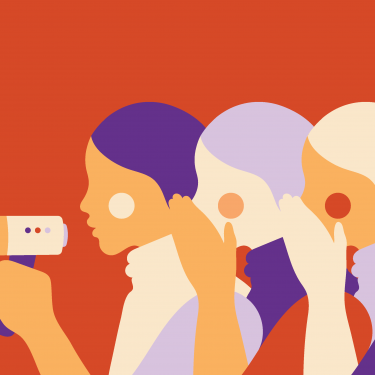
You have to ask for what you want
A journalist and anchorwoman at NOS and radio host of Met het oog op morgen, Simone Weimans is one of the most recognised faces of the Netherlands. In her frank conversation with Ikenna, she reveals her initial hesitations and vulnerabilities as a young journalist trying to make an advance in her career. Her insight, “to ask for what you want,” is a practice that admittedly might sound simple, Simone shares, but is far too often underused, especially by women. Research suggests that doing so remains a social taboo, sometimes having a detrimental effect on professional negotiations of the women who even try.
Despite this barrier, an inconvenient reality remains: many times, if you don’t ask you don’t get. Advocacy is a gateway to change. Breaking the bias and imagining a gender equal world, where women are proactive agents for the change they want to see, needs women that are empowered to speak freely and openly.
Featured are the responses of five powerful female voices who champion for the right to water and sanitation. Read below what they have to say in response to Simone Weiman’s Toilet Talks episode.
Illustration credits: Amplify Women's Voices by Cecilia Castelli
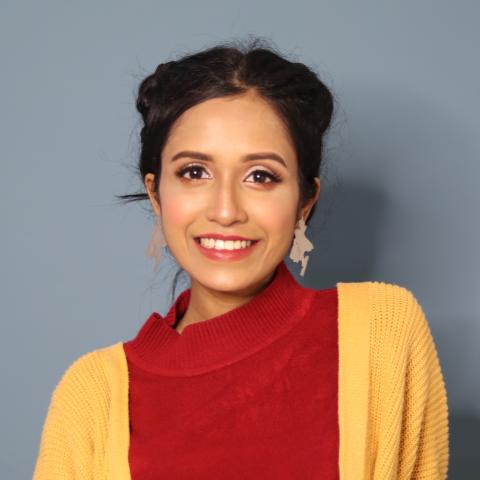

Shomy Hasan Chowdhury
What I want to flush away
What I want you to read
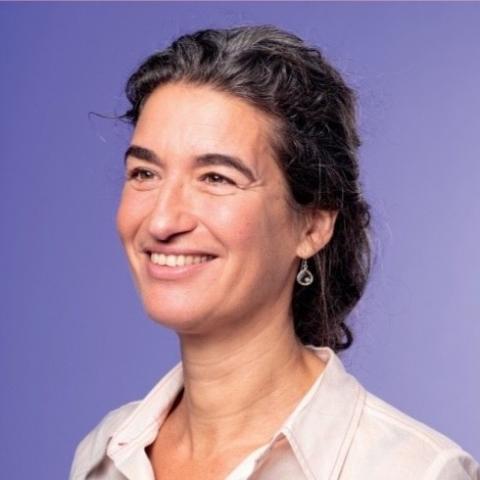

Daniëlle Hirsch
Director, Both ENDS
Yes, you have to ask for what you want, but (besides the fact that I feel totally comfortable looking at people sitting on their toilet!) the first step is to ask for help. To share ambitions and desires, as well as frustrations and a feeling of being disempowered, with friends and people you trust. Others can help, and often want to. Even if when you don't know them very well, many people actually want to support you to succeed.
What this also shows is that we are not the only ones with personal struggles. We need to reach out, connect and organise to break systemic barriers that make it very hard for whole groups of people to realise their ambitions. People of colour, indigenous peoples, people with a non-Western background, women, LGBTIQA+ persons, people that have not received certain kinds of formal education, those with physical disabilities have to break through this barriers often on their own, and this is unacceptable. Time to discuss how every woman and girl can have the power to become what she wants, by using the power we have together to make change happen.
What I want to flush away
Toxic power, the Dutch tax haven and fossil fuels.
What I want you to read
Read this on power: A New Weave of Power, People & Politics
As for books, there is an endless list of good ones, but start with The Power, by Naomi Alderman.
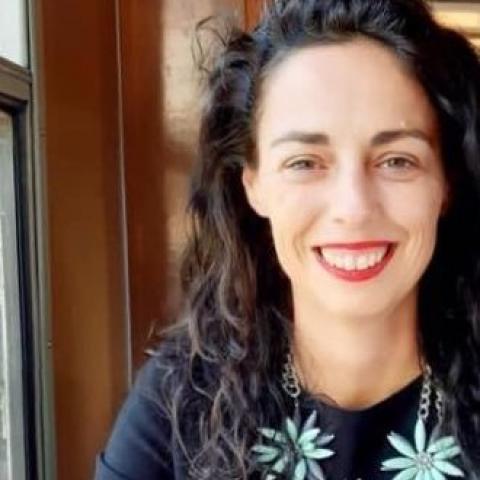

Catarina Fonseca
Senior Economist | Founder, Pulsing Tide | IRC Associate
Completely agree with Simone you have to vocalise what you want, in all aspects of your life.
I was very lucky as I had an amazing grandmother who always asked me and my cousins “what do you want?”. Proceeding to spoil us with our favourite cookies and later, with plenty of wise advise. When I was 20, in the 90s, and still at university and started working with local city councils in the slums of Lisbon, no one was listening to what I had to say. I was one of the few women and for sure the youngest in the meetings. So I started to speak louder and stronger, with more aggression. I did not like it, but it was the only way I found to be heard. Many years later, when I started working in the Netherlands, my communication was seen as too aggressive and not appreciated (it’s still somewhere written in my employee assessment records ). As Simone says, you just need to say something and people do hear, independently of your gender, position or age.
Conversations become a dialogue, not a fight for being right. It is therefore really important to understand the context, where you are, but also to hear what the other side has to say. But once you are heard, be prepared to work hard and achieve whatever you set your mind to.
What I want to flush away
Sexism. It's not ok that worldwide, women still earn less than men for the same positions/jobs, it's not ok that women are the majority of victims of violence, its not ok that most of the world’s decisions are made by men, for men.
What I want you to read
I have a hard time sometimes convincing well educated, rational people that there is still sexism and a gender gap, even in Northern counties. The book Invisible Women by Caroline Perez has incredible data and it’s a recurrent resource to back me up in my conversations, I'd recommend reading that.
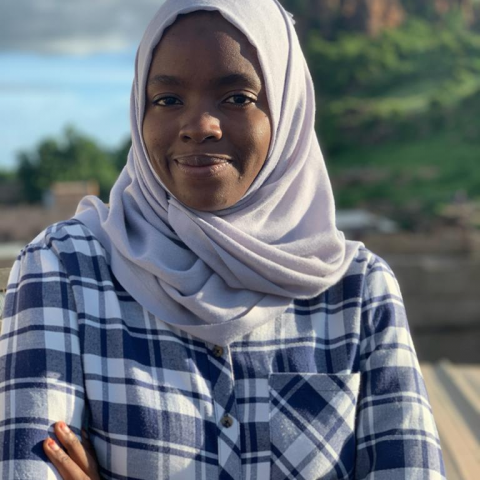

Sanata Théra
What I want to Flush away
What I want you to read
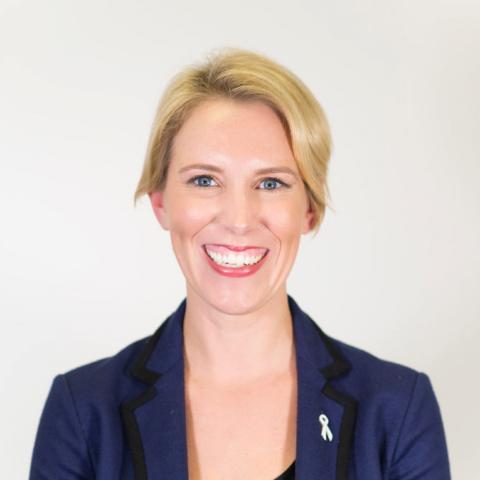

Kristy Kade
Chief Executive Officer, White Ribbon Alliance
Simone discussed how big changes start with something that is seemingly small and simple--asking for what you want! Seemingly small because we all know what a big deal that can be, especially for women and girls, who so often are discouraged from saying—and seeking—what we want and then face criticism when we do.
In honor of International Women's Day—March 8th—I encourage us all to follow Simone's lead and either ask for what we want and/or ask women what they want.
Given this is Toilet Talks, I'd be remiss if I didn't point out in this post that when White Ribbon Alliance asked #WhatWomenWant for their maternal and reproductive healthcare, a top answer was water, sanitation and hygiene services in healthcare facilities.
What I want you to read
What Women Want: Demands for Quality Healthcare for Women and Girls is a global advocacy campaign led by White Ribbon Alliance to improve quality maternal and reproductive healthcare for women and girls and strengthen health systems. Explore the dashboard, resources and all about the campaign at www.whiteribbonalliance.org/whatwomenwant
